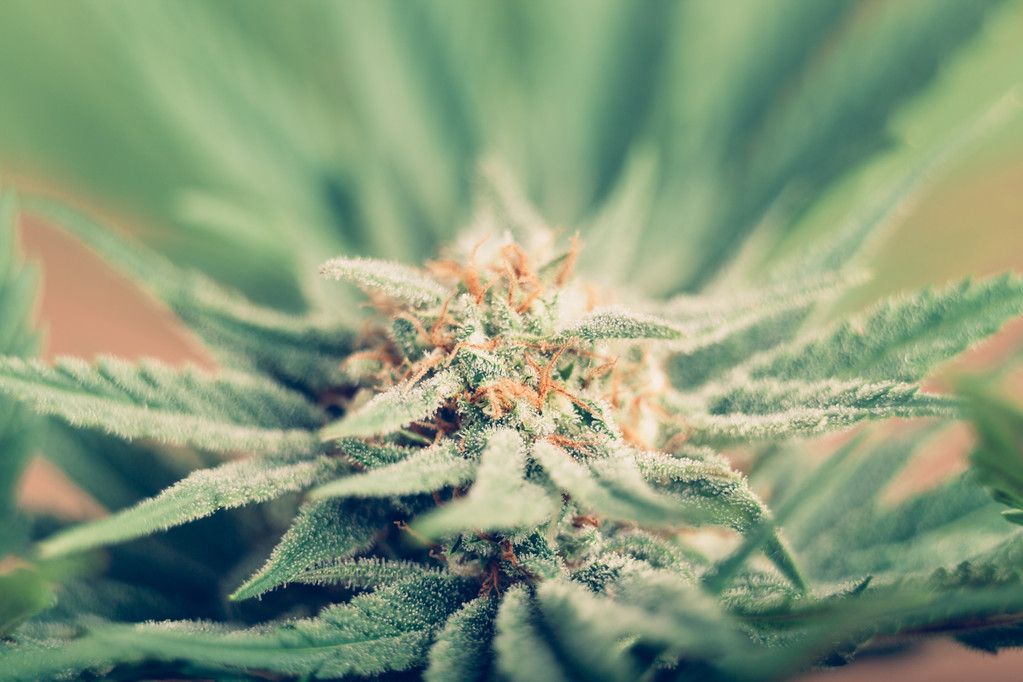A new systematic review from Utrecht University in the Netherlands explores the potential of minor cannabinoids in treating psychiatric disorders.

Published in European Neuropsychopharmacology, the study offers fresh insight into how these lesser-known compounds might aid in addressing conditions such as anxiety, depression, and addiction.
The research highlights the growing interest in cannabinoids for mental health treatment, fueled by evidence linking the endocannabinoid system to psychiatric disorders. While cannabidiol (CBD) and Δ9-tetrahydrocannabinol (Δ9-THC) have been extensively studied, the cannabis plant contains approximately 120 minor cannabinoids that have received far less attention. According to the study, “Although some displayed promising pharmacological profiles, research on their application for psychiatric disorders is fragmented.”
The review analyzed 22 preclinical studies and one clinical study, covering a range of psychiatric conditions, including anxiety, depressive, psychotic, trauma-related, and neurodevelopmental disorders, as well as addiction and eating disorders. While results were mixed and some studies showed a high risk of bias, the findings point to significant therapeutic potential.
For example, Δ8-tetrahydrocannabidivarin (Δ8-THCV) showed promise in addressing nicotine addiction, while Δ9-tetrahydrocannabidivarin (Δ9-THCV) appeared effective in mitigating psychotic-like symptoms. Cannabidiolic acid methyl ester (CBDA-ME) demonstrated potential in alleviating anxiety and depression-like symptoms, and cannabidivarin (CBDV) showed promise for managing autism spectrum disorder-related symptoms.
Despite the limited clinical evidence, the researchers note the need for further investigation into these compounds. “Certain compounds demonstrate promise for further investigation,” the study states, emphasizing the importance of expanding research to determine the therapeutic value of minor cannabinoids in psychiatry.
This systematic review marks a significant step toward understanding how minor cannabinoids could reshape approaches to mental health treatment, paving the way for more comprehensive studies and potential therapeutic breakthroughs.
Below is the study’s full abstract:
Abstract
Interest in cannabinoids’ therapeutic potential in mental health is growing, supported by evidence of the involvement of the endocannabinoid system in psychiatric disorders such as anxiety, depression, and addiction. While the major cannabinoids cannabidiol (CBD) and Δ9-tetrahydrocannabinol (Δ9-THC) have been more extensively researched, approximately 120 minor cannabinoids from the cannabis plant have been identified. Although some displayed promising pharmacological profiles, research on their application for psychiatric disorders is fragmented. This systematic review evaluates, for the first time, both preclinical and clinical studies exploring minor cannabinoids’ therapeutic potential in psychiatric disorders. 22 preclinical studies and one clinical study were included, investigating various minor cannabinoids in substance use disorders, anxiety disorders, depressive disorders, trauma and stressor-related disorders, psychotic disorders, neurodevelopmental disorders, and eating disorders. Despite the heterogeneous results and the moderate to high risk of bias in several articles, certain compounds demonstrate promise for further investigation. Δ8-tetrahydrocannabidivarin (Δ8-THCV) exhibited potential for nicotine addiction; Δ9-tetrahydrocannabidivarin (Δ9-THCV) for psychotic-like symptoms; cannabidiolic acid methyl ester (CBDA-ME) alleviated anxiety and depression-like symptoms, and cannabidivarin (CBDV) autism spectrum disorder-like symptoms.






